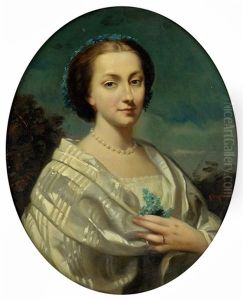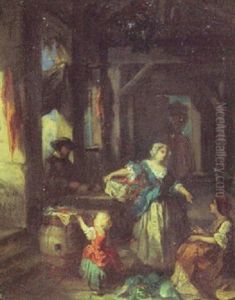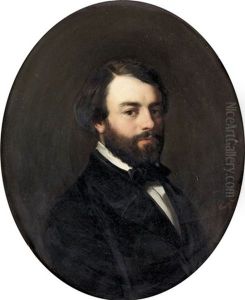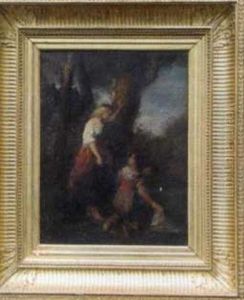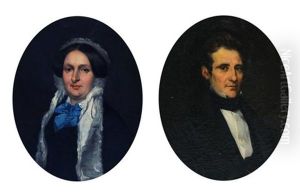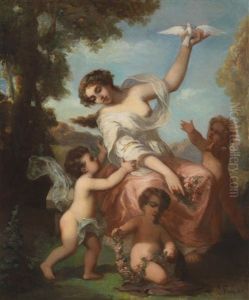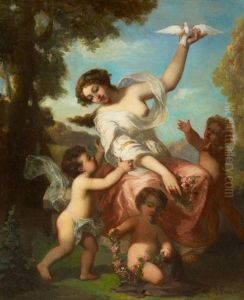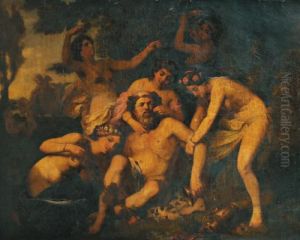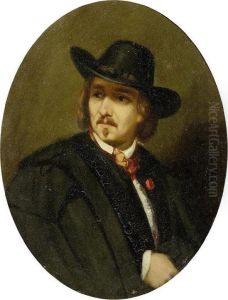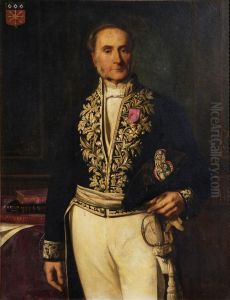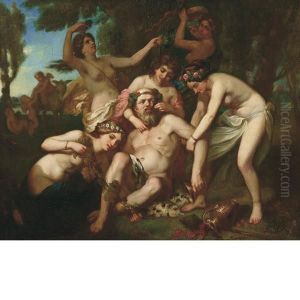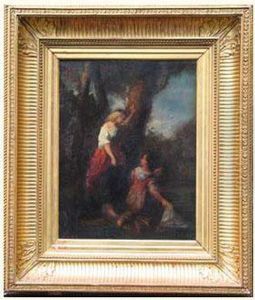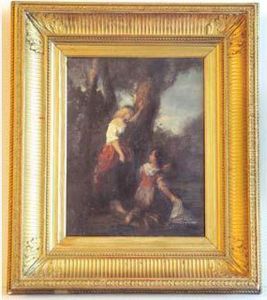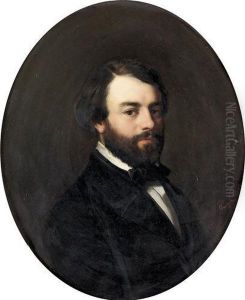Jean Marius Fouque Paintings
Jean Marius Fouque was a French sculptor born on July 23, 1893, in Marseille, France. He grew up in a time of great artistic evolution in Europe, with movements like Impressionism giving way to more avant-garde approaches such as Cubism and Fauvism. Despite the dynamic art scene, Fouque's work remained relatively traditional, focusing on classical themes and techniques.
Fouque was educated at the Ecole des Beaux-Arts in Marseille and later continued his studies in Paris. His training was typical of the period, emphasizing mastery of form and anatomy. Throughout his career, Fouque was known for his work in stone and bronze, and he often took inspiration from mythology, religious themes, and the human figure. His sculptures are characterized by a sense of realism and attention to detail, though they also reflect a certain romantic quality that was prevalent in the early 20th century.
During his lifetime, Fouque received several commissions for public monuments, which were a testament to his skill and the respect he garnered as an artist. However, unlike some of his contemporaries, he did not gain widespread international fame, and his work remained best known in his native France. Nonetheless, his sculptures can be found in various French public collections and continue to be appreciated by art enthusiasts.
Fouque's career was interrupted by the First World War, in which he served. The war had a profound impact on many artists of the time, and although it is not clear how deeply it affected Fouque's work, the post-war period saw a shift in the artistic landscape that would challenge traditional sculptors like him.
Jean Marius Fouque passed away on February 24, 1971, in Marseille. He left behind a body of work that, while not as widely celebrated as some of his contemporaries, represents the rich sculptural traditions of early 20th-century France and continues to be studied for its craftsmanship and historical value.
